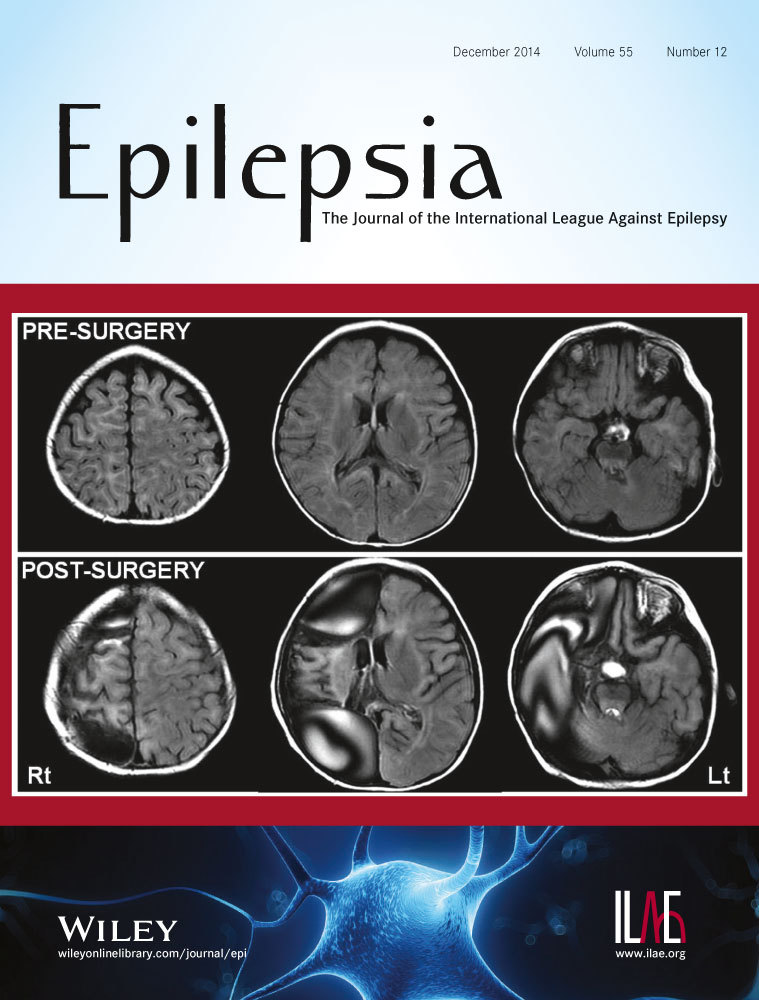Evaluation of a clinical tool for early etiology identification in status epilepticus
Summary
Objectives
Because early etiologic identification is critical to select appropriate specific status epilepticus (SE) management, we aim to validate a clinical tool we developed that uses history and readily available investigations to guide prompt etiologic assessment.
Methods
This prospective multicenter study included all adult patients treated for SE of all but anoxic causes from four academic centers. The proposed tool is designed as a checklist covering frequent precipitating factors for SE. The study team completed the checklist at the time the patient was identified by electroencephalography (EEG) request. Only information available in the emergency department or at the time of in-hospital SE identification was used. Concordance between the etiology indicated by the tool and the determined etiology at hospital discharge was analyzed, together with interrater agreement.
Results
Two hundred twelve patients were included. Concordance between the etiology hypothesis generated using the tool and the finally determined etiology was 88.7% (95% confidence interval (CI) 86.4–89.8) (κ = 0.88). Interrater agreement was 83.3% (95% CI 80.4–96) (κ = 0.81).
Significance
This tool is valid and reliable for identification early the etiology of an SE. Physicians managing patients in SE may benefit from using it to identify promptly the underlying etiology, thus facilitating selection of the appropriate treatment.




